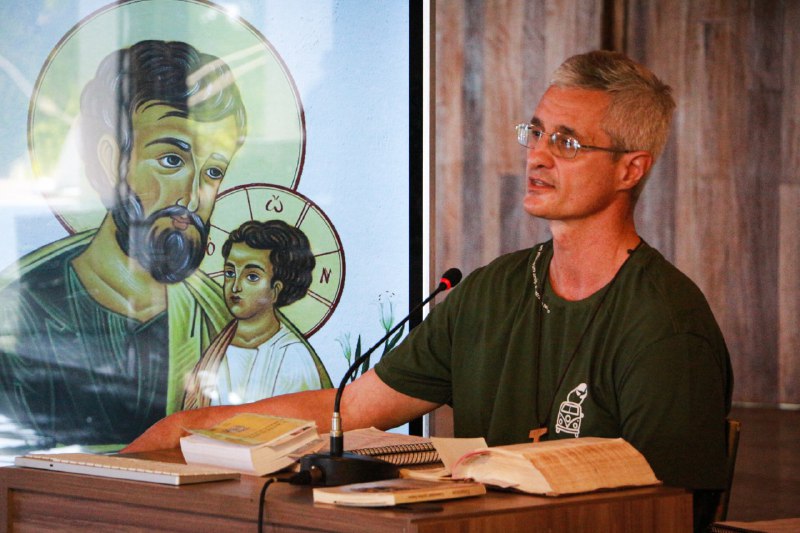August 22nd 2021
The Providence Development and Sustainability Plan is part of the Evangelization Plan of the Community. It contains the expression of the history of the Charism. In this plan we deepen into the Economy of the Kingdom, the Word of God, the Magisterium of the Church, the Catechism of the Church, and the Charism, with the foundation of economic life, based on the three pillars: providence, sustainability and development.
The Community lives on Divine Providence. This is how the Shalom Statutes remind us: “Providence is the source of all the support and development of the means necessary for the maintenance of the Community and the entire Work. Except the Lord builds the house, they labor in vain that build it (Psalm 127:1). The Community recognizes goods as fruits of Divine Providence” (ECCSh, art. 185
Thus, this Plan follows a sequence of actions that should have an economic impact and contribute to the formation of a new generation. Open to the action of the Holy Spirit, who makes all things new and who blows wherever he wants, let us be guided by the guidelines proposed by him.
Providence
Faced with material goods, we must believe not only in their temporal effect, but also in their ultimate ordering. Above all, we must believe in the ultimate end, which is Divine Goodness.
The Catechism of the Catholic Church quotes that “ The Divine Providence are the dispositions by which God leads with wisdom and love all creatures to their ultimate end” (CIC 321), so that “the ultimate end is the glory of God, and the glory of God is the living man, and the life of man is the vision of God” (CIC 294), so if we want to see Jesus (Lk 19, 3) in the administration of goods, we need to live in the logic of the Economy of the Kingdom, which is Divine Providence (ECCSh, art. 137.
This aspect of Divine Providence fills us with Hope, which means nothing more than “Hope is the confident expectation of divine blessing and the beatific vision of God” (CIC 2090).
In addition, Providence is a strong expression of faith and divine filiation because if we abandon ourselves to His providence, we allow God to take care of us as a Father, and to grow in this filial trust that gives us a sense of eternity and a greater manifestation of charity.
Sustainability
In order to delve into the term Sustainability, proposed by this Plan, we must initially use the Greek term for “economy”, which is “Oikonomia” and which means “house and family management”, and the term “sustainable”, which may have its origins in the Latin: “sustentare”, which means to sustain, favor and conserve.
In the Plan, the concept of Sustainability is related to Sustainable Economic Development formed by a set of policies, guidelines, strategies and other economically viable attitudes.
Development
The Development to which it refers, in addition, of course, to all other topics in this document, will always be subject to the discernment of the Will of God. In this way, we associate Development with Divine Providence, and the Spirit that governs it must always have its origin and its end in God. We will always notice a positive change, both quantitative and qualitative.
It will thus bring directionality, that is, a direction and a purpose. And yet it shows growth and improvement and undergoes a series of clearly defined stages. It always starts from a specific and clear condition, rationally establishes an order and, through a gradual process, seeks the goal.
PURPOSE OF THE PLAN
According to Leando Formolo, General Treasurer of the Community, the Plan is part of evangelization, as evangelization is an incarnation of the word, being within an economic life.
“In my opinion, the great contribution of the Plan, which is the life of the Economy of the Kingdom, is the sanctifying dimension, it is the dimension of a new people, this new generation God creates and educates. This people is not fragmented, they live this particular integrity where all dimensions of their life are one thing: spiritual, relational, social, economic, at work, in their relationship with the poor, etc. all this is part of this authentic people, as God created them and as Jesus redeemed them ”, says Formolo.
In this way, a new look at the Economy of the Kingdom will emerge, and within the new guidelines will facilitate the integrity of the human being, but also in terms of the Work of the Charism.

